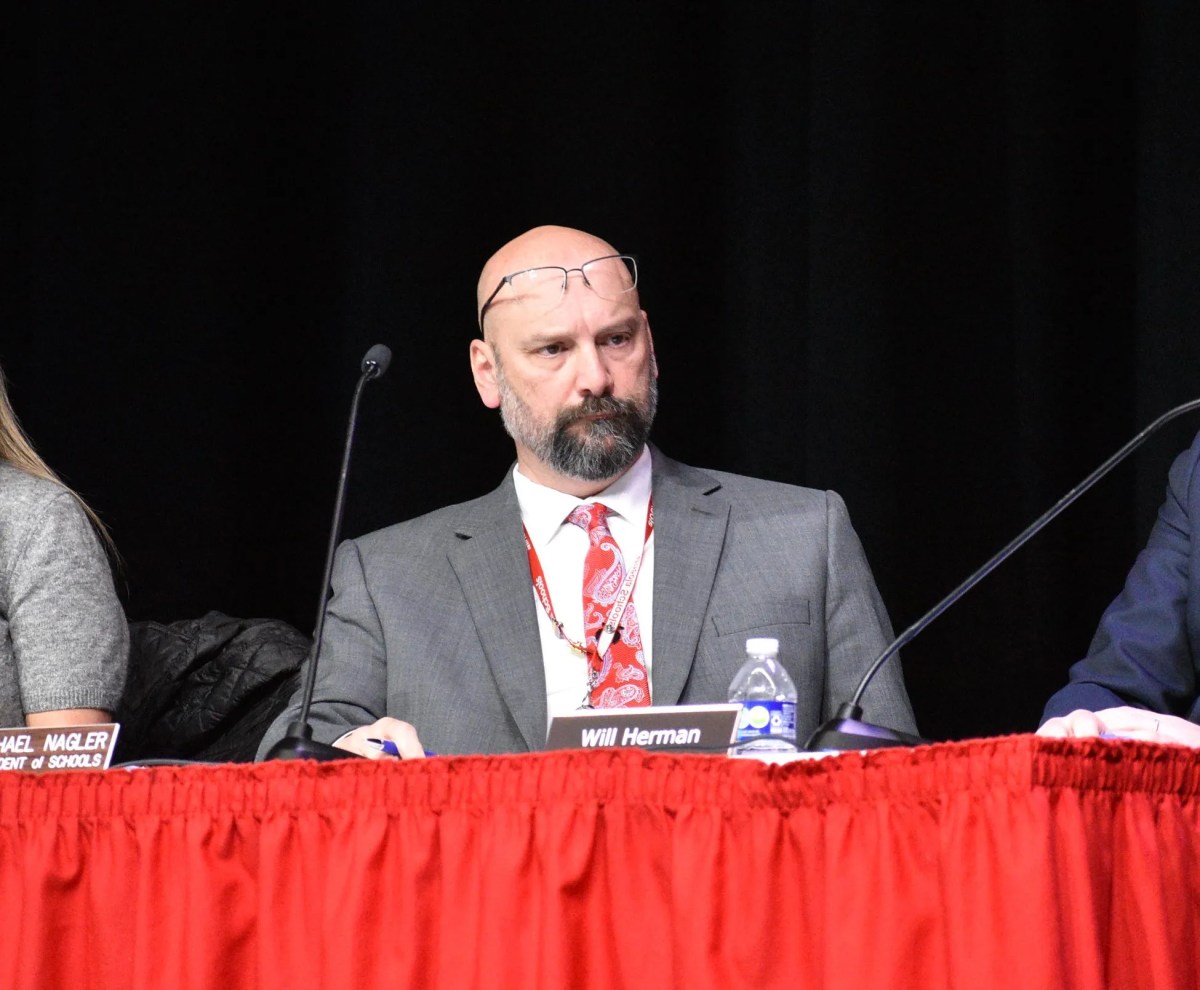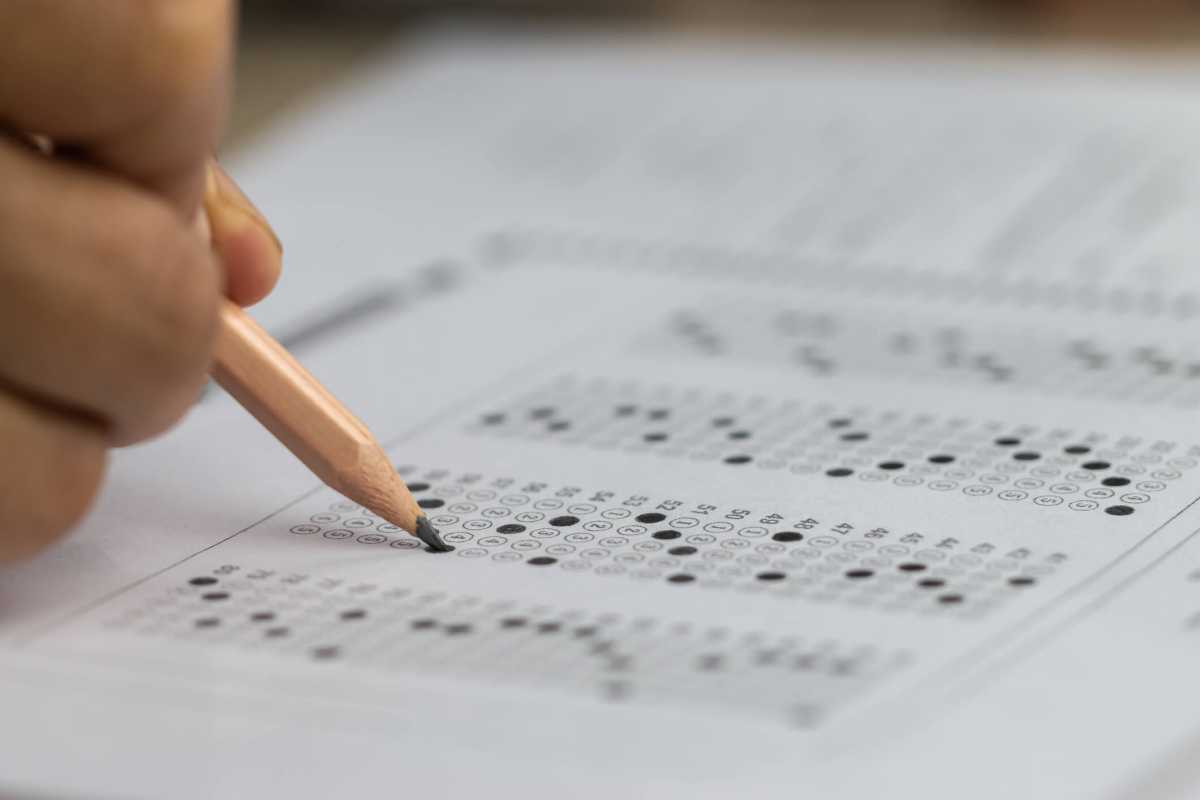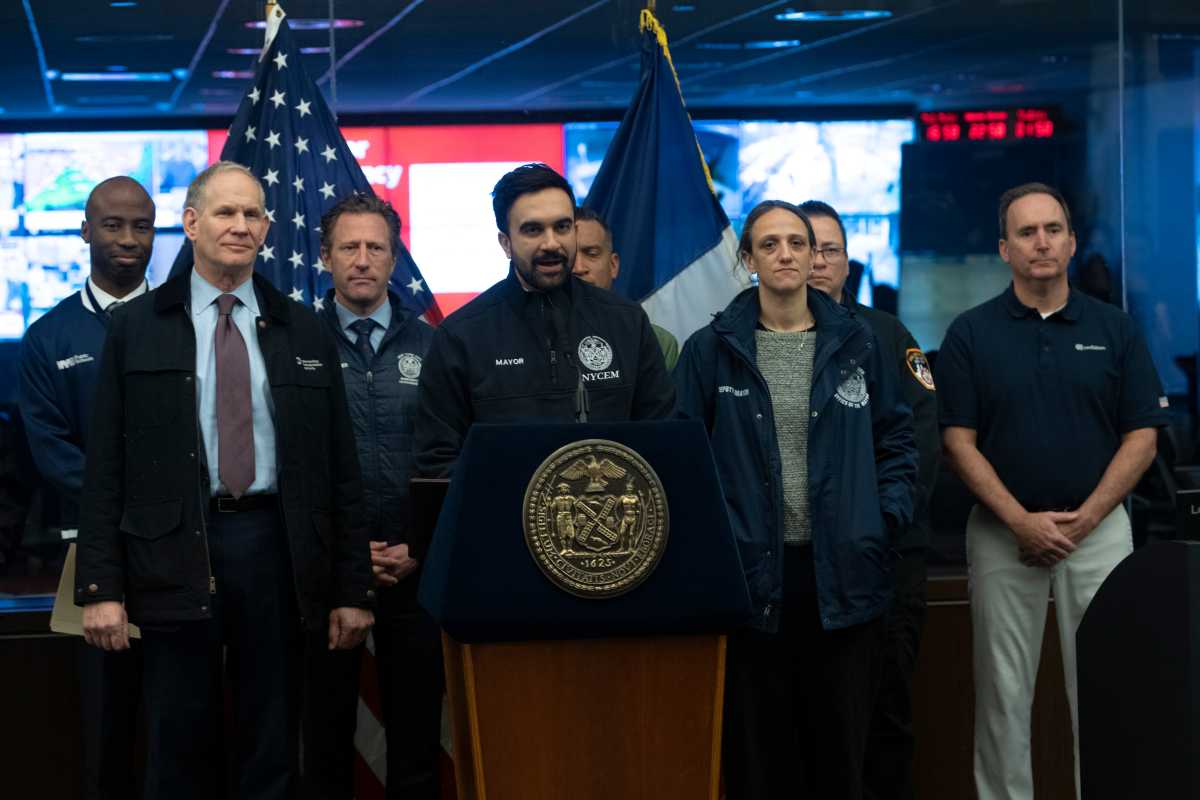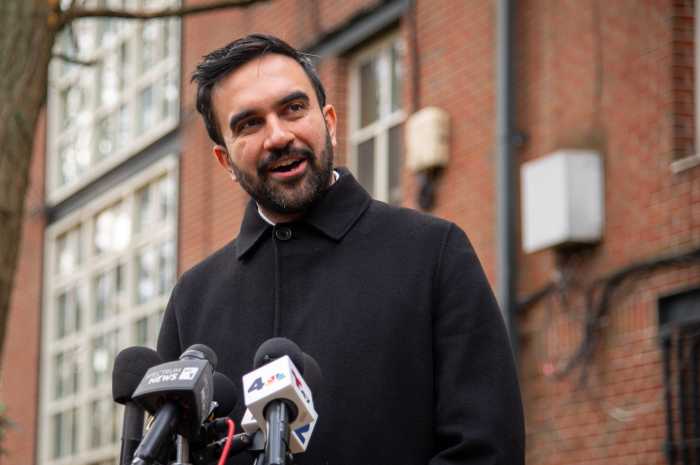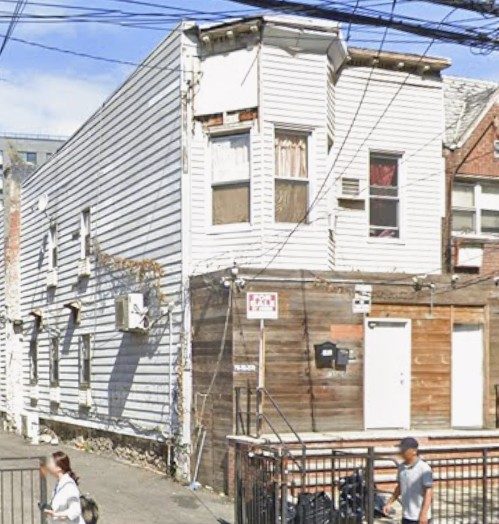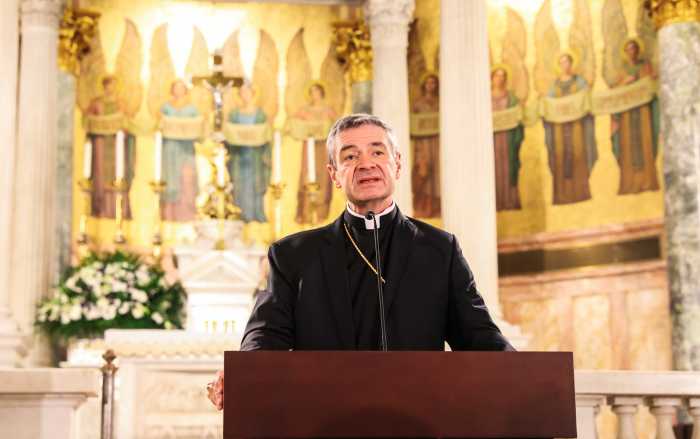An agreement reached on teacher and principal evaluations has the Department of Education and unions representing the educators calling it one of the most rigorous ever devised, despite criticism from charter school advocacy organizations that it’s a sweetheart deal that lacks independent oversite as Mayor Bill de Blasio heads into an election year.
Under the deal teachers and principals will continue to be evaluated on the four-point Highly Effective/Effective/Developing/Ineffective (HEDI) scale, which is more differentiated and allows more targeted support and professional development in comparison to the previous Satisfactory/Unsatisfactory scale.
The evaluation agreement is in accordance with New York State Education Law, which requires that educators are evaluated based on measures of student learning and measures of educator practice, and cannot be evaluated based on student performance on grade 3-8 English Language Arts (ELA) and math State exams until the 2019-2020 school year.

“Our students are more than a score on a standardized test, and our teachers are more than the sum of their students’ test results. We need thoughtful measures of student progress –from essays and projects to the monitoring of learning growth in particular areas. We hope that by the time the current state moratorium on the use of standardized tests for teachers’ evaluations expires, Albany will adopt our approach as a model for the rest of the state,” said United Federation of Teachers President Michael Mulgrew. “With this agreement, we are starting to replace tests with real work that captures what a student learns over the course of a school year.”
The DOE and unions argue that the new evaluations will foster better educator development without placing an additional burden on schools – as schools will be able to select assessments from an expanded range of student assessment categories including tests, new project based-learning assessments, additional progress monitoring assessments, and compilations of student work.
But Families for Excellent Schools (FES), a charter school advocacy organization, noted that the agreement included a provision whereupon the city and both unions, “agreed to apply for a waiver from the State’s requirement of having an independent evaluator observe all teachers and principals. This requirement would be costly and place an additional burden on schools and supervisors.”
FES CEO Jeremiah Kittredge said this provision smacked of politics between the de Blasio Administration and the unions, which contribute mightily both directly to his election campaign and with independent expenditures.
“After burning almost a billion dollars on laughably low goals for improvement in their so-called Renewal Schools, the Mayor and his political allies are now colluding to claim that New York City can’t afford the last of any independent checks to see if kids are actually learning in classrooms,” said Kittredge.
The DOE did not get back to KCP in time to provide a breakdown of the costs and additional burdens independent evaluators would bring, but according to a DNAInfo story on the issue independent evaluators would cost upwards of $60 million.
The agreement now goes before the state, which has by Dec. 31 – less than two weeks – to review and sign off on it.




